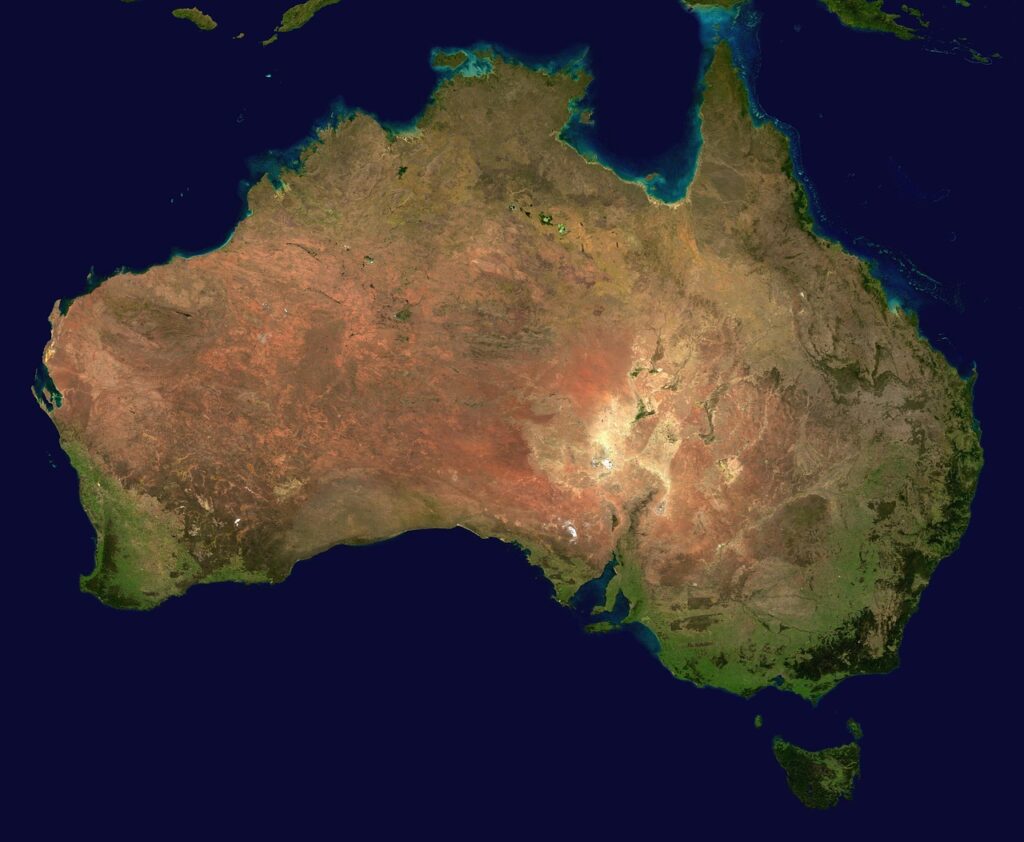In the ever-evolving landscape of Australia’s hydrogen ambitions, Bell Bay finds itself at the crossroads of promise and disappointment.
The recent revelation that no projects from Bell Bay have made it to the shortlist of the Australian Government’s $2 billion Hydrogen Headstart program paints a complex picture of missed opportunities and challenges.
Among the notable casualties of this setback is Abel Energy, the primary proponent at Bell Bay. Despite presenting an ambitious Green Methanol project to repurpose the old Bell Bay Power station into a green methanol plant, Abel Energy found itself excluded from the coveted shortlist. The project, backed by Tasmanian Labor, aimed to bring about transformative change to the region’s energy landscape.
However, the challenges faced by Abel Energy were substantial. The project lacked a State Government funding commitment, a notable absence among its counterparts in other regions. Bell Bay stood out as the only hydrogen hub in the country without a funding agreement, raising concerns about the viability of hydrogen initiatives in the region.
The broader narrative of the hydrogen hub project in Bell Bay is one marked by mismanagement. Proponents who were initially enticed to the state soon discovered critical shortcomings, including the absence of power at any price and a glaring lack of plans to deliver water to the proposed site. Such foundational oversights have significantly undermined the hub’s potential and left key projects in limbo.
While Abel Energy grappled with setbacks, Origin Energy emerged as an exception. Despite Bell Bay’s challenges, Origin Energy managed to secure a spot on the shortlist for a hydrogen project, albeit in the Hunter Valley. The decision to relocate from Tasmania to New South Wales was attributed to a shortage of power and uncertainty surrounding water supply—two indispensable components for hydrogen production.
The ramifications of Bell Bay’s hydrogen setbacks extend beyond the energy sector, impacting Tasmania’s economic outlook. With signs of the state economy facing challenges and a noticeable exodus of young people to the mainland, questions arise about the sustainability of the existing government’s approach to hydrogen initiatives. The 10-year-old Liberal government’s perceived incompetence in managing crucial aspects of the hydrogen hub project adds urgency to the need for a reassessment of strategies.





